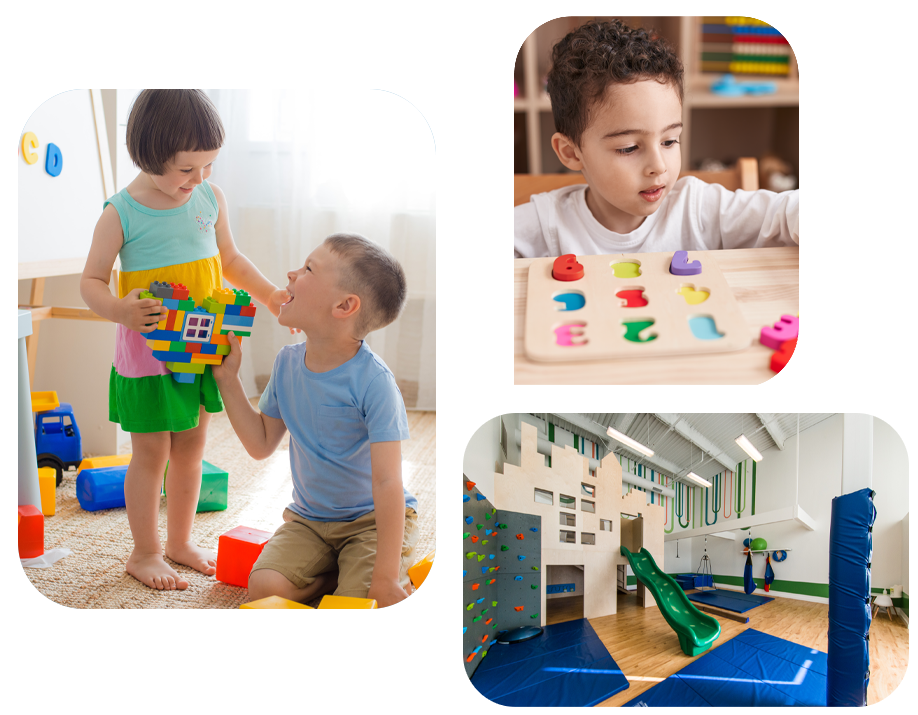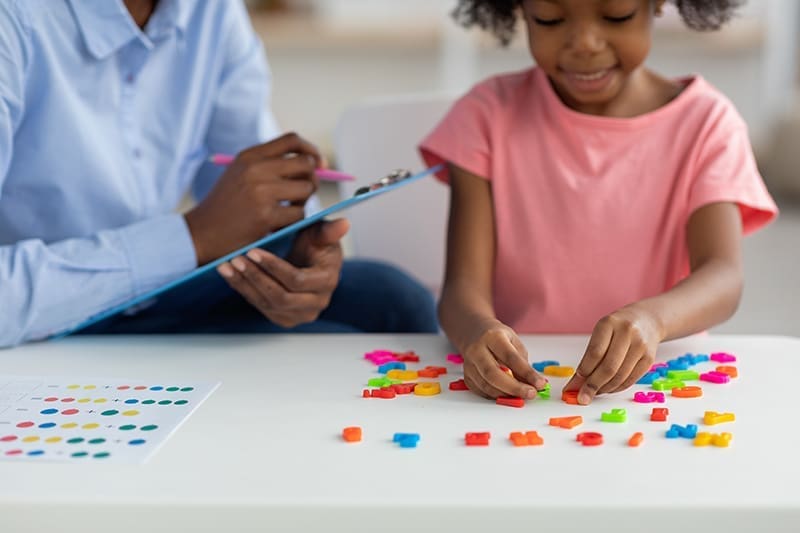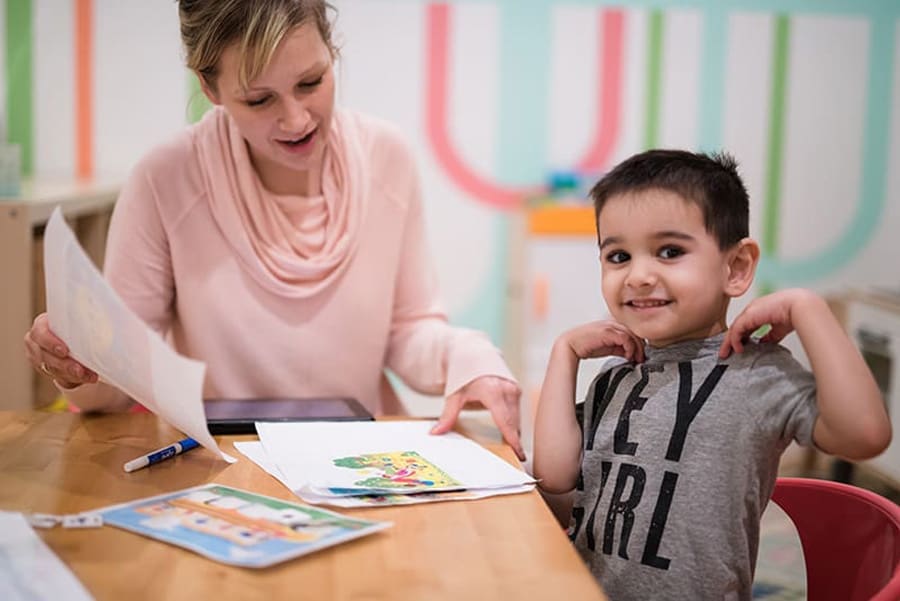Imitation Skills Development
at CST Academy
Learning Through Imitation. Growing Through Connection.

What Are Imitation Skills?
Imitation skills are a child’s ability to copy the actions, gestures, sounds, or behaviors of others. These skills lay the foundation for learning language, social interaction, self-care routines, and academic tasks. From waving “hi” to copying how to play with a toy, imitation allows children to absorb information from their environment and apply it to new situations.
At CST Academy, we teach imitation skills through evidence-based ABA strategies that are tailored to each child’s developmental level. By breaking skills into small, teachable steps and reinforcing progress consistently, we help children build a strong platform for growth.

Why Choose CST Academy for Imitation Skills?
Our ABA therapists specialize in teaching early learning behaviors like imitation using highly structured, child-friendly methods. We create a safe and motivating environment where children are encouraged to watch, try, and practice new actions with support and praise along the way.
Whether your child is struggling to imitate sounds, gestures, or play behaviors, we use individualized plans to meet them where they are—and help them move forward with confidence.
The CST Academy Difference
Helping Your Child Develop Strong Imitation Skills

Motor Imitation
Vocal Imitation


Gestural Imitation
Imitation During Play


Imitation for Daily Routines
Building the Imitation-to-Initiation Bridge

Start Your Journey with CST Academy Today
"*" indicates required fields
When to Seek Support for Imitation Skills
Does Not Copy Gestures or Movements
Struggles to Repeat Sounds or Words
Avoids Watching Others During Play or Routine
Doesn’t Join in Songs or Action-Based Activities
Has Delays in Pretend Play or Social Interaction
Difficulty Learning Daily Routines Through Modeling
A Place Where Your Child Can Learn by Doing
While learning to imitate can feel challenging, we believe in creating an environment where every small success is a reason to cheer. Therapy at CST Academy isn’t just about copying actions—it’s about discovering potential, building confidence, and creating meaningful moments through connection. We work closely with families to ensure that every child feels seen, supported, and excited to keep learning.

Real Families.
Real Progress in Imitation and Learning.






